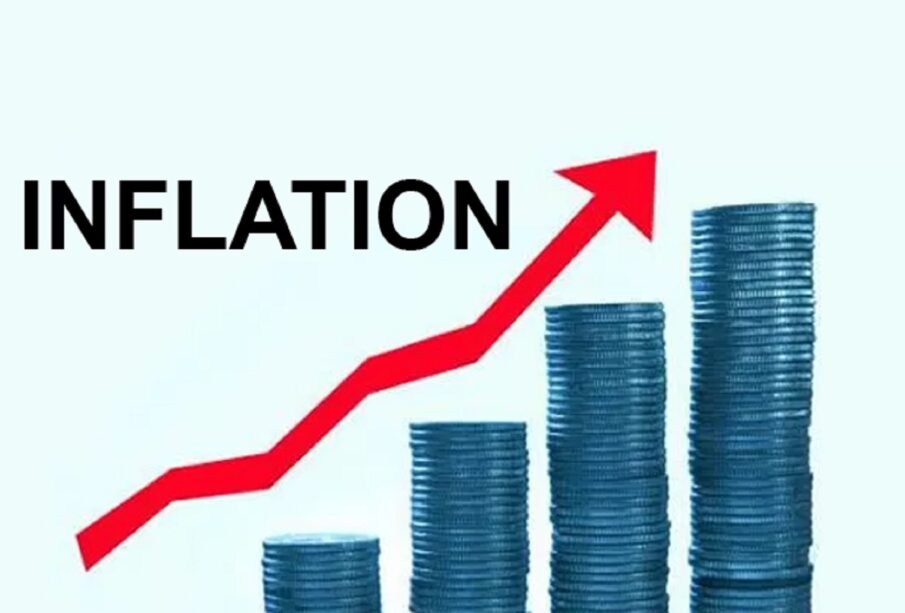
Rising cost of transportation, depreciation of the Naira as well as the ongoing Russia-Ukraine war have been identified as factors pressuring Nigeria’s inflation rate which hit a new high of 17.71 per cent in May.
Theeditorial.ng gathered that this is the sixth consecutive month of rise in inflation and also the highest point in 11 months.
Recall that the International Monetary Fund, on Tuesday joined the World Bank to express concerns over rising inflation on the welfare of Nigerians, saying 40 per cent of the population now live below the poverty line due to the impact of rising food prices.
Economists and financial analysts however, noted that the recent move by the Central Bank of Nigeria to raise Monetary Policy Rate to 13 per cent from 11.5 per cent to tame inflation was not expected to have any material impact on the supply-driven price surge.
The National Bureau of Statistics, in its Consumer Price Index, report released on Wednesday said food inflation rose to 19.5 per cent in May from 18.37 per cent recorded in the previous month due to increases in prices of bread and cereals, food products, potatoes, yam, and other tubers, wine, fish, meat, and oils.
“Increases were recorded in all Classification of Individual Consumption According to Purpose (COICOP) divisions that yielded the Headline index.
“On a month-on-month (MoM) basis, the headline inflation rate increased to 1.78 per cent in May 2022, this is also 0.02 per cent rate higher than the rate recorded in April 2022 (1.76) per cent,” the report partly read.
On food inflation, the NBS said, “The composite food index rose to 19.50 per cent in May 2022 on a YoY basis; it declined by 2.78 per cent compared to 22.28 per cent in May 2021.
“On a MoM basis, the food sub-index increased to 2.01per cent in May 2022, up by 0.01 per cent points from 2.00 per cent recorded in April 2022.”
In the inflation forecast for May 2022, analysts at Access Bank Plc said, “The faster rise in the general price level is due to several factors. Firstly, imported inflation arising from the ongoing Russia-Ukraine war. The crisis has aggravated supply chain disruptions which had existed at the onset of covid-19. Multi-year highs were recorded in the inflation rate across many advanced economies. These price increases are transmitted into the Nigerian economy via high prices of imported consumer and capital goods.
“Secondly, supply disruptions of agricultural produce due to insecurity concerns in food basket states also contributed to rising price levels.
“Food and energy prices edged northwards in May due largely to currency depreciation and transportation costs.”











